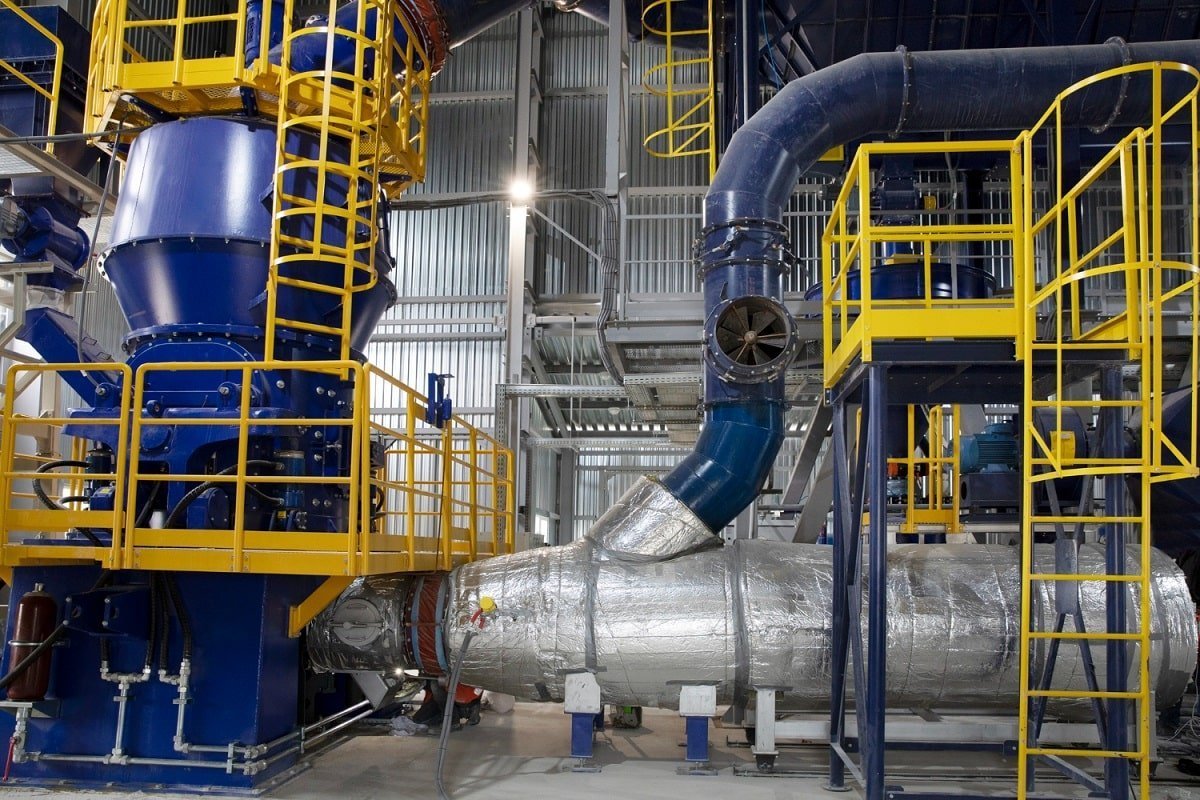Learn how important it is for modern manufacturing methods to have industrial heating equipment. Find out how precise temperature control and methods that use less energy make operations successful.
Key Takeaways:
- The evolution of industrial heating technology has been pivotal for increased efficiency in production processes.
- Modern heating systems contribute significantly to reducing operational costs and promoting sustainability.
- Understanding regulations and safety standards is crucial for the safe operation of heating equipment in industries.
- Diverse industries rely on specialized heating equipment to meet unique production demands.
- Regular maintenance is necessary to ensure that heating systems last long and operate at their best.
- Integrating emerging technologies like IoT and AI with industrial heating systems could lead to more intelligent manufacturing processes.
[ez-toc]
Historically, humanity has always sought ways to harness and apply heat effectively, leading to innovations that have propelled industrial manufacturing.
Specialized equipment like the mini torch adapter has emerged, offering meticulous control and efficiency in heating applications, often crucial for detailed and high-stakes industrial tasks.
Such tools epitomize the strides made in the field and underscore the transformation heating technology has undergone to support today’s manufacturing demands.
Advancements in Industrial Heating Technology
The transition from rudimentary fire-based methods to complex heating systems reflects humanity’s progress in industrial manufacturing.
The contemporary landscape boasts advanced solutions like the evolution of heating technologies, which offer controlled environments for operations such as metalworking and heat treatment.
These systems deliver precise temperature control, ensuring high-quality and consistent output. As technology marches on, the industry continues to innovate, creating even more advanced heating solutions designed to meet the evolving challenges of manufacturers everywhere.
Industrial Heating and Efficiency
Today’s manufacturing landscape prioritizes operational efficiency, with modern industrial heating systems at its core. Heating equipment innovation has been centered on optimizing energy use and enhancing process throughput.
Adopting systems like industrial heat pumps exemplifies the shift towards energy recovery and reuse, an essential aspect of sustainable manufacturing processes.
These developments mitigate energy expenditure and contribute to reducing greenhouse gas emissions, ensuring an environmentally conscious approach to industrial production.
Critical Components of a Modern Heating System
An efficient industrial heating system is the sum of its parts, with each component—heat exchangers, sophisticated burners, high-quality insulation materials, or advanced control systems—playing an essential role.
Modern systems are integrative, intelligent, and capable of adjusting to the nuanced demands of different processes. The selection of each part of the heating system thus becomes a critical decision for manufacturers, who must balance the need for immediate process demands with long-term energy considerations.
Safety Standards and Regulations
The importance of safety cannot be overstated when working with industrial heating equipment. Adherence to stringent safety standards and regulations ensures the protection of personnel and property alike.
These guidelines often lead the way in heating equipment innovation, influencing the design and manufacturing practices to adhere to the latest compliance requirements. Safety checks and features are no longer afterthoughts but integral parts of the initial design of advanced heating systems.
The Role of Heating Equipment in Various Industries
Within manufacturing, the applications for heating technology are as varied as the industries themselves. From the precise heating requirements of aerospace component fabrication to the bulk and resilience needed for forging construction materials, industrial heaters are customized to suit the process they serve.
Heat treatment is used in the food business for procedures like pasteurization, guaranteeing safety and prolonging shelf life. Different heat levels are used in metallurgy to coax out varied physical properties from metals, making them suitable for various applications.
These applications all share the fundamental reliance on sophisticated heating systems.
Maintenance and Longevity of Industrial Heaters
Proactive maintenance routines can greatly extend the lifespan and performance of industrial heating equipment. This critical upkeep includes monitoring signs of wear, staying ahead of part replacements, and ensuring that the system is clean from any inhibiting debris.
Such maintenance routines preserve the heating system’s integrity, ensure consistent performance, and prevent lengthy downtimes that could interrupt production schedules and impact profitability.
Emerging Technologies in Industrial Heating
Emerging technologies have the potential to transform industrial heating systems. Innovations such as IoT and AI promise more than mere incremental improvements; they herald the onset of intelligent heating systems capable of self-regulation, energy optimization, and predictive maintenance.
Integrating such technologies into industrial heating systems could lead to more intelligent, dynamic manufacturing processes that adjust to changing conditions in real-time, thus achieving unprecedented efficiency and productivity.

